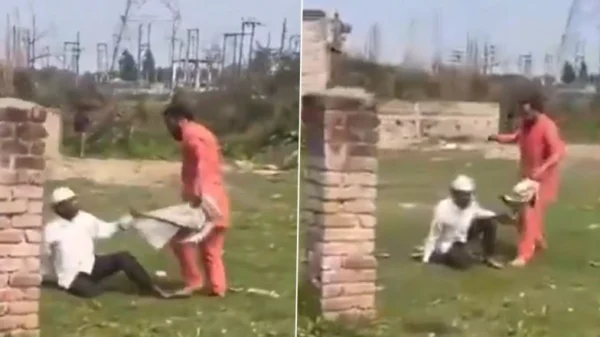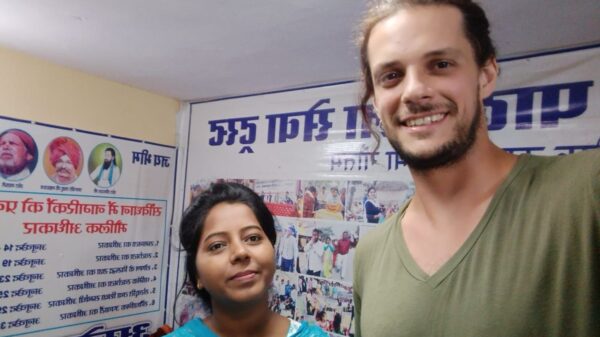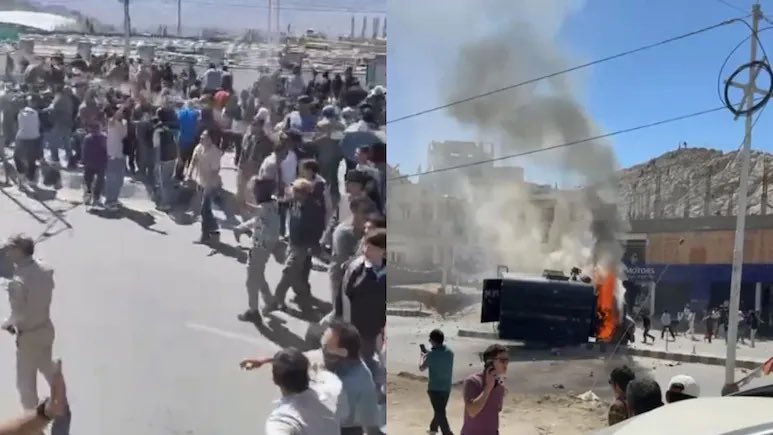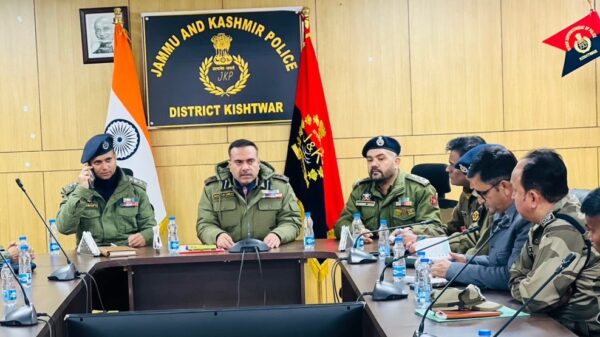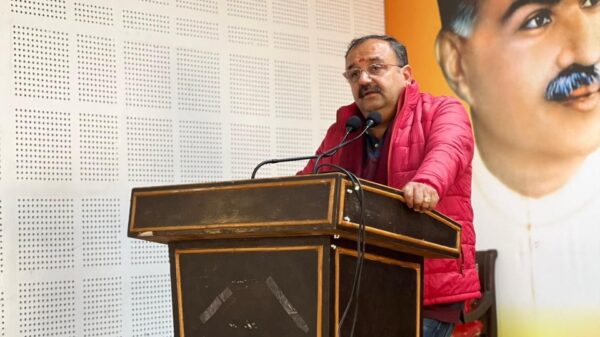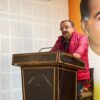At least four people were killed and over 70 others injured on Wednesday as protests demanding statehood for Ladakh and its inclusion under the Sixth Schedule of the Constitution turned violent in Leh.
Chering Dorjey, Chairman of the Leh Apex Body (LAB), confirmed the deaths, saying, “There was intense firing in the town in which scores sustained injuries and four persons have died so far.” The protests escalated after two participants of a hunger strike were hospitalized due to deteriorating health. Climate activist Sonam Wangchuk, who had been on a 15-day fast since September 10, ended his strike on Tuesday, but tensions rose when some youths began pelting stones, prompting police action.
Authorities said protesters set fire to the local Bharatiya Janata Party office and torched a security vehicle. Police used teargas and baton charges to disperse the crowds. In response, the Union Territory administration imposed an immediate ban on protests and gatherings under Section 163 of the Bharatiya Nagarik Suraksha Sanhita, and additional security forces were deployed in sensitive areas. Hospitals in Leh reported receiving dozens of injured people, some in critical condition.
The violence overshadowed the two-day Ladakh Festival, which was called off midway. Sonam Wangchuk appealed for calm, urging, “I request the youth to stop arson and clashes. We are ending our fast, and I urge the administration to stop using tear gas. No hunger strike succeeds if lives are lost in violence.”
The demands for statehood and constitutional safeguards have been longstanding since the abrogation of Article 370 on August 5, 2019. While Ladakh was made a separate Union Territory under direct control of New Delhi, locals argue that special protections are needed to preserve the region’s ecology, culture, and tribal population.
The Leh Apex Body and the Kargil Democratic Alliance (KDA), representing political, religious, and social groups, have stood united on these demands. Both organisations are scheduled to meet the central government in New Delhi on October 6, though protesters have urged an earlier date due to prolonged hunger strikes and rising public anger. A local political commentator noted, “For years, the people of Ladakh have raised these demands peacefully. The recent unrest reflects frustration at the lack of progress.”
The deaths and injuries have heightened concerns over law and order in the Union Territory, adding urgency to the upcoming talks with the Centre. With both LAB and KDA firm on their stance, the October 6 meeting is expected to be a critical test of New Delhi’s willingness to engage meaningfully with Ladakh’s demands.






